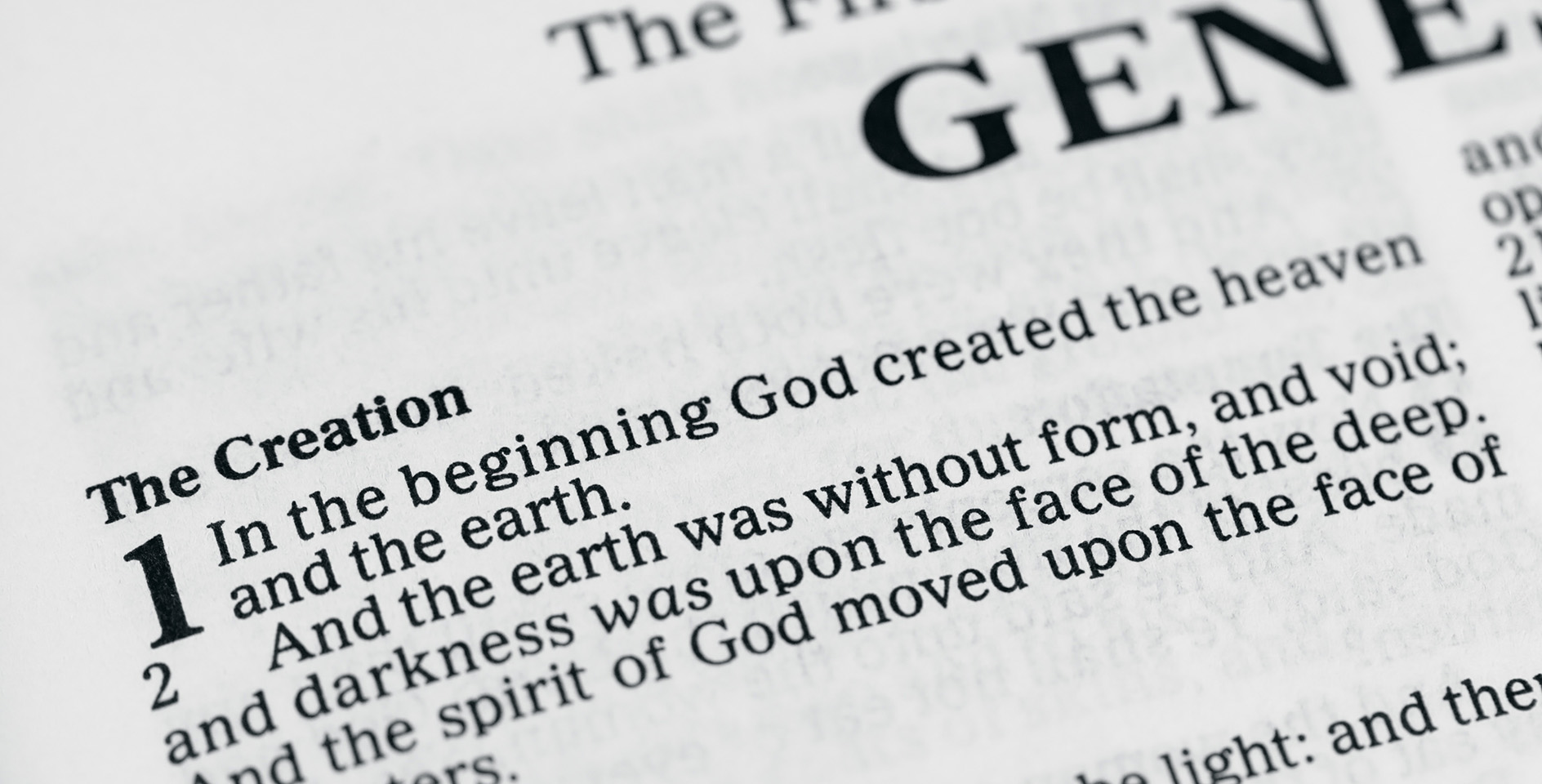Editor’s note: This is the fifth article in a series on what Christians should know about worldviews and worldview analysis. The other articles in the series can be found here.
How do we determine whether one worldview is better than any other?
A primary way to answer that question is to determine whether a worldview is true or false. A worldview that is true—that is, a worldview that corresponds to reality—would be better than one that is not. In an earlier article, we discussed that there are (at least) 10 basic worldviews, such as Christian theism, Naturalism, and New Age spirituality. Since these worldviews make claims that contradict one another, they can’t all be true (though it’s possible they could all be false). We could therefore rank the worldviews from better to worse based on whether they are truer than their rivals.
To do this we need a test for the truth or falsity of a worldview. The Christian philosopher and apologist Norman Geisler proposed that the test for the falsity of a worldview is “unaffirmability,” while the corresponding test for the truth of a worldview is “undeniability.”
The two tests
Unaffirmability means that a statement or belief cannot be supported with evidence or that it contradicts itself. It is based on the most basic law of logic, the law of noncontradiction. This law states that contradictory propositions cannot both be true in the same sense at the same time. Or, to put it more simply, if something is true, then its opposite is false.
Take, for example, the statements, “It is currently snowing in my house,” and, “It is not currently snowing in my house.” If “my house” refers to the same thing, then both statements cannot be true (though, again, they can both be false). The reason they cannot both be true is because that would violate the law of noncontradiction, which is a basic assumption about the nature of reality.
All false worldviews contain statements or beliefs that are similar in that they are unaffirmable. Let’s consider pantheism, the worldview that identifies God with the universe, or regards the universe as a manifestation of God. A primary claim of pantheism is that God, or the Absolute, is all that exists and that individual entities do not exist. As Geisler notes, a strict pantheist must affirm, “God is, but I am not.” But this is self-defeating since an individual entity—an “I”— must exist to affirm that one does not exist. The claim “I do not exist” is therefore unaffirmable. Since it is an essential claim upon which pantheism relies, pantheism must be false.
Claiming that a statement is unaffirmable does not mean, of course, that it is unsayable or unstatable. For example, we could make the statement, “Green taste like yellow.” While the statement is both sayable and statable, it is completely meaningless. It is also unaffirmable, but only because it is affirming something that is meaningless.
What makes most unaffirmable claims unaffirmable is that what is being affirmed is denied in the process or act of affirmation. If you were to affirm that you lack the ability to affirm anything, then you would be making an unaffirmable claim. What is unaffirmable is self-defeating, and what is self-defeating cannot be true because it violates the law of non-contradiction.
The second test for the truth of a worldview is undeniability, that is, a statement or belief is so true that we are unable to consistently deny it is true. The law of noncontradiction is an example of a belief that is undeniable. Another is the claim, “I exist.” For you to make that statement you would have to exist—otherwise, you would not be able to make the denial (“I do not exist.”). The claim, “I exist,” is therefore undeniable.
Unfortunately, few truths are as obviously undeniable as existence and the law of noncontradiction. But as we’ll see in a later article, Christian theism contains the most consistently undeniable beliefs of any worldview.
A more persuasive approach
Armed with this two-pronged test—unaffirmability and undeniability—we should now be able to convince non-Christians that their worldview is wrong, shouldn’t we?
Unfortunately, it’s not that easy. As the Apostle Paul pointed out that the ungodly suppress the truth by their unrighteousness (Rom. 1:18). The ungodly can find a way to deny even the undeniable.
Consider, for instance, the famous argument Dr. Samuel Johnson had with his biographer, James Boswell. The dispute was about a claim made by the philosopher George Berkeley that only the mind exists, and that matter is not real. As Boswell writes in The Life of Samuel Johnson:
After we came out of the church, we stood talking for some time together of Bishop Berkeley’s ingenious sophistry to prove the non-existence of matter, and that every thing in the universe is merely ideal. I observed, that though we are satisfied his doctrine is not true, it is impossible to refute it. I never shall forget the alacrity with which Johnson answered, striking his foot with mighty force against a large stone, till he rebounded from it, “I refute it thus.”
Johnson’s point was that it was undeniable that matter exists—and he was right. But he was not wholly convincing. His appeal to the stone would certainly not have convinced Bishop Berkely that he was wrong. Some people can—and will—affirm the unaffirmable and deny the undeniable. Some refuse to accede to logic or reality while others merely embrace that they are contradictory. As poet Walt Whitman unapologetically stated, “Do I contradict myself? Very well then I contradict myself, (I am large, I contain multitudes.)”
The intransigence of the unrighteous should not lead us to abandon undeniability and unaffirmability. But we should be prepared to adopt a more persuasive approach when it comes to convincing someone the Christian worldview is better.
As Sam Chan explains, when the culture was Christianized, we used to argue and teach in this sequence: (1) what I say is true; (2) if it’s true, then you must believe it; and (3) if you believe it, you must live it.
It’s TRUE → BELIEVE it → LIVE it
That is the logical sequence, but the way our post-Christian friends discover it is often the reverse: (1) what you see is a wiser way to live; (2) but if it’s a wiser way to live, then it’s also more believable; (3) but if it’s believable, you need to consider that it might also be true.
I can LIVE it → I can BELIEVE it → it must be TRUE
The corollary to this is that if a worldview is not a wiser way to live, then it’s less believable, and therefore unlikely to be true.
In the next few articles, we’ll apply this approach to show why non-Christian worldviews are not only unaffirmable but “unlivable” and should therefore be abandoned.









